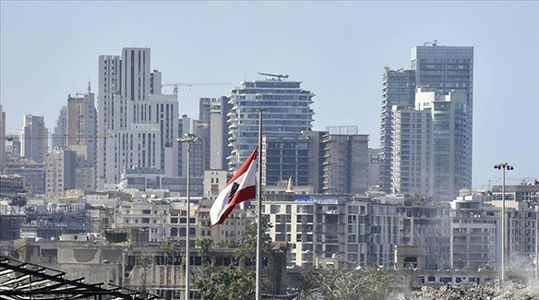The president of the caretaker government in Lebanon, Hassan Diab, discussed, during a meeting that included ministers and the governor of the Banque Du Liban (Lebanese Central Bank) Riad Salameh, to lift subsidies on basic commodities.
During the meeting, they discussed the ministries’ plans to regulate the cost of import and subsidies, while the governor of the Lebanese Central Bank presented the cost of importing goods for the years 2019 and 2020. While there is widespread discussion of the Lebanese state’s intention to lift subsidies on consumer goods, fuels and medicine.
During the meeting, the Lebanese PM stressed that "the country is facing a crisis and we are trying to rationalize import financing and we are looking for a way that does not harm people and reduces the cost of this import at the same time."
Last October, the President of the Lebanese Republic, Michel Aoun, chaired a meeting with the participation of the head of the caretaker government and the governor of the Bank of Lebanon, which was devoted to discussing the obligatory reserve balance with the Central Bank, to determine the remaining period of support.
It should be noted that the compulsory reserve ratio for banks in Lebanon amounts to 15 percent of total deposits, and it is higher than in neighboring countries such as Jordan by 5 percent and Palestine by 9 percent. Lebanon has been facing an accelerating decline in foreign exchange reserves since October 2019, with the increasing need for foreign exchange and the decline in its availability locally, amid a sharp decline in the exchange rate of the lira. However, the central bank possesses quantities of gold reserves that amounted to 286.8 in early December, according to data from the World Gold Council.
Source (Anadolu Agency, Edited)

